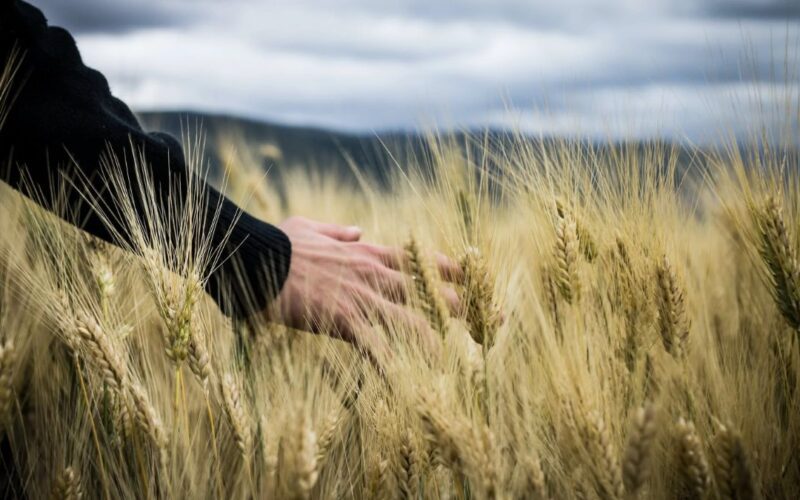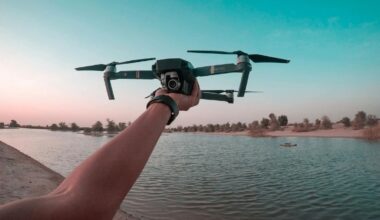The integration of Artificial Intelligence (AI) into agriculture has ushered in a new era of efficiency, sustainability, and productivity in food production. As technology continues to advance, AI-driven solutions are transforming traditional farming practices, revolutionizing the way crops are grown, monitored, and harvested.
AI in Agriculture: A Paradigm Shift
Precision Farming and Predictive Analytics
AI algorithms analyze vast amounts of data—such as weather patterns, soil composition, and crop health—to provide farmers with predictive insights. This enables precise decision-making in planting, irrigation, and crop management.
Optimizing Resource Management
AI-powered systems optimize resource utilization by implementing precision irrigation, minimizing water wastage, and reducing the use of pesticides and fertilizers through targeted application methods.
Applications of AI in Farming
Crop Monitoring and Management
Drones equipped with AI-based imaging systems capture high-resolution images of fields. These images are analyzed to detect crop health issues, pests, or nutrient deficiencies, enabling timely interventions.
Automated Machinery and Robotics
AI-driven agricultural robots and autonomous machinery perform tasks like seeding, harvesting, and weeding with precision and efficiency, reducing labor costs and enhancing productivity.
Advancements in Food Production
Indoor Farming and Vertical Agriculture
AI-controlled indoor farms utilize controlled environments, optimized lighting, and automated systems to produce crops year-round, minimizing reliance on weather conditions and maximizing yield.
Supply Chain Optimization
AI streamlines the food supply chain by predicting demand, optimizing logistics, and reducing food wastage through efficient distribution and inventory management.
Addressing Environmental Challenges
Sustainable Practices and Climate Resilience
AI assists in developing climate-resilient crops through genetic analysis, helping breeders create plants capable of withstanding adverse climate conditions.
Data-Driven Decision Making for Sustainability
By analyzing environmental data, AI enables farmers to make informed decisions that promote sustainable practices and reduce the ecological footprint of agriculture.
Challenges and Future Prospects
Data Privacy and Security
As AI relies heavily on data, ensuring the security and privacy of agricultural data remains a concern. Robust cybersecurity measures are crucial to safeguard sensitive farming information.
Adoption and Education
Encouraging widespread adoption of AI technologies in agriculture requires education, training, and accessible resources for farmers to understand and implement these advancements effectively.
AI’s integration into agriculture and food production marks a monumental shift in the industry’s landscape. The amalgamation of data analytics, robotics, and predictive capabilities is reshaping farming practices, making them more efficient, sustainable, and resilient.
As AI continues to evolve, its potential to tackle challenges, enhance productivity, and ensure food security for a growing global population becomes increasingly evident. Embracing AI-driven solutions in agriculture represents not just a technological evolution but a fundamental step towards a more sustainable, efficient, and bountiful future for food production worldwide.










